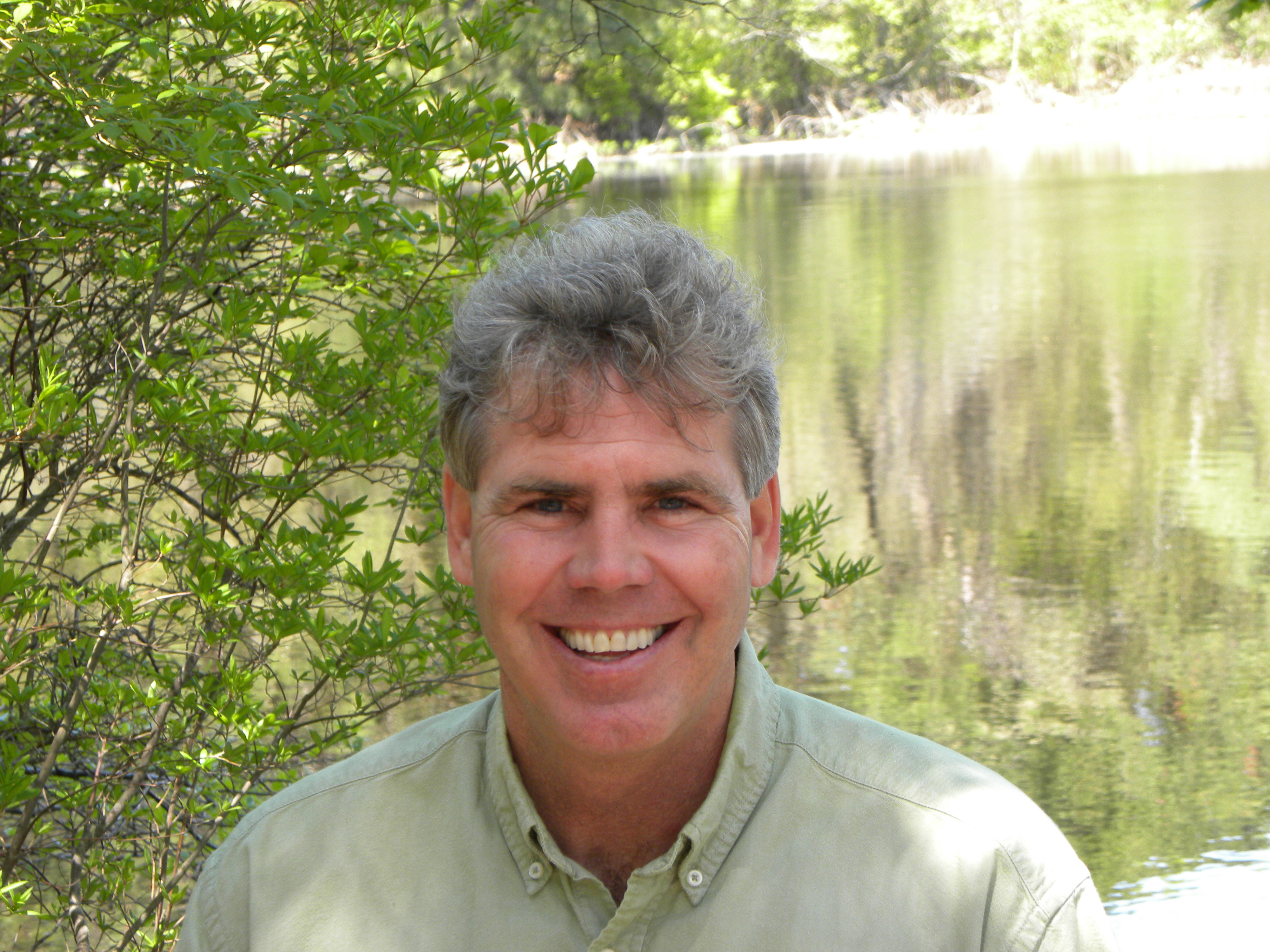The Peconic Baykeeper: Protecting The East End's Natural Legacy

The Peconic and South Shore estuaries of Long Island have an ally in Peconic Baykeeper. The nonprofit organization is solely dedicated to conservation, management and developments of clean water strategies to better aid the population of Long Island. They have been involved with myriad coastal projects, under the supervision of Kevin McAllister, president of the organization and coastal biologist with over 20 years of experience.
“I believe we bring a combination of education, first and foremost, as well as science and advocacy. We give a voice to the waters, including a legal presence, such as when environmental initiatives are being ignored or not properly enforced,” McAllister said. “On the East End, we’re known as staunch advocates for drinkable and swimmable waters….Unlike other organizations, we’re solely committed to clean water. That’s our mission.”
As the head of the organization, McAllister likes to highlight pertinent issues surrounding our drinking water. He’s also incredibly passionate about emphasizing dangers to surface waters and what impact pesticides have on our drinking water and the bay.
“Wetlands, beaches are very important to our health and autonomy, but the groundwater influence that’s being impacted by pesticides and other seepage into our groundwater and bays is incredibly important, too,” McAllister said, adding, “I would ask the community-at-large to basically shut down the use of pesticides. [Their use has] a negative impact on the bay and the groundwater. Convincing our elected officials is key to stopping the use of pesticides.”
I was curious what people on the East End could do instead of using harmful pesticides. “For instance, an organic response would be garlic,” McAllister said. Research indicates that garlic is the most natural, or organic, response to insecticide and pesticide. Garlic has been used for a long time as a way to keep pests away from gardens and floral beds. Apparently, mixing water with garlic in a blender is all one needs to do to create an effective deterrent for various insects and other pests.
“Spraying garlic on shrubberies helps abate mosquitoes and other insects,” McAllister said.
The East End reaction to Peconic Baykeeper has been positive. At the end of the day, McAllister and Peconic Baykeeper are doing everything they can to help area shores.
“I think when we’re zeroing in on certain issues that affect specific projects on the East End, we’re going to be met with a less-than-favorable reception. However, I think overall, people that know me in my tenure as a biologist love what we bring to the table. We’re not political. On occasion, we need to speak on certain issues. There are village officials who may bristle because we’re identifying a problem with pollution or something,” McAllister said. “I’m very tenacious. That issue might be something that that town official doesn’t want to be reminded of, you know? We don’t back down, we speak up for the environment.”
Regarding the sand shortage in Wainscotts having an impact on Montauk businesses and coastlines was, as well as the infighting between the East Hampton Town Council and the Town Trustees over repairing beach and coastal regions, McAllister “has very strong opinions on that,” he said. “We’re dealing with an era of rising sea level. This is no longer debatable. It’s a reality. I see it all over the place in the field. Quogue to Shinnecock inlet has seen a rise in over six inches of water.
The impacts associated with storms and coastal erosion is real. A response, unfortunately, is not really thought out in the big picture, it’s somewhat reactionary. Abatement processes such as septic rings are not the answer.
In the end, the East End is world-class beaches.
We need to protect those. I’m not a well-traveled guy, but I’ve been to Europe and other parts of the world, and the East End’s beaches are second-to-none,” McAllister said.
Ensuring that our beaches remain viable and useable for future generations is what Peconic Baykeeper is all about.



